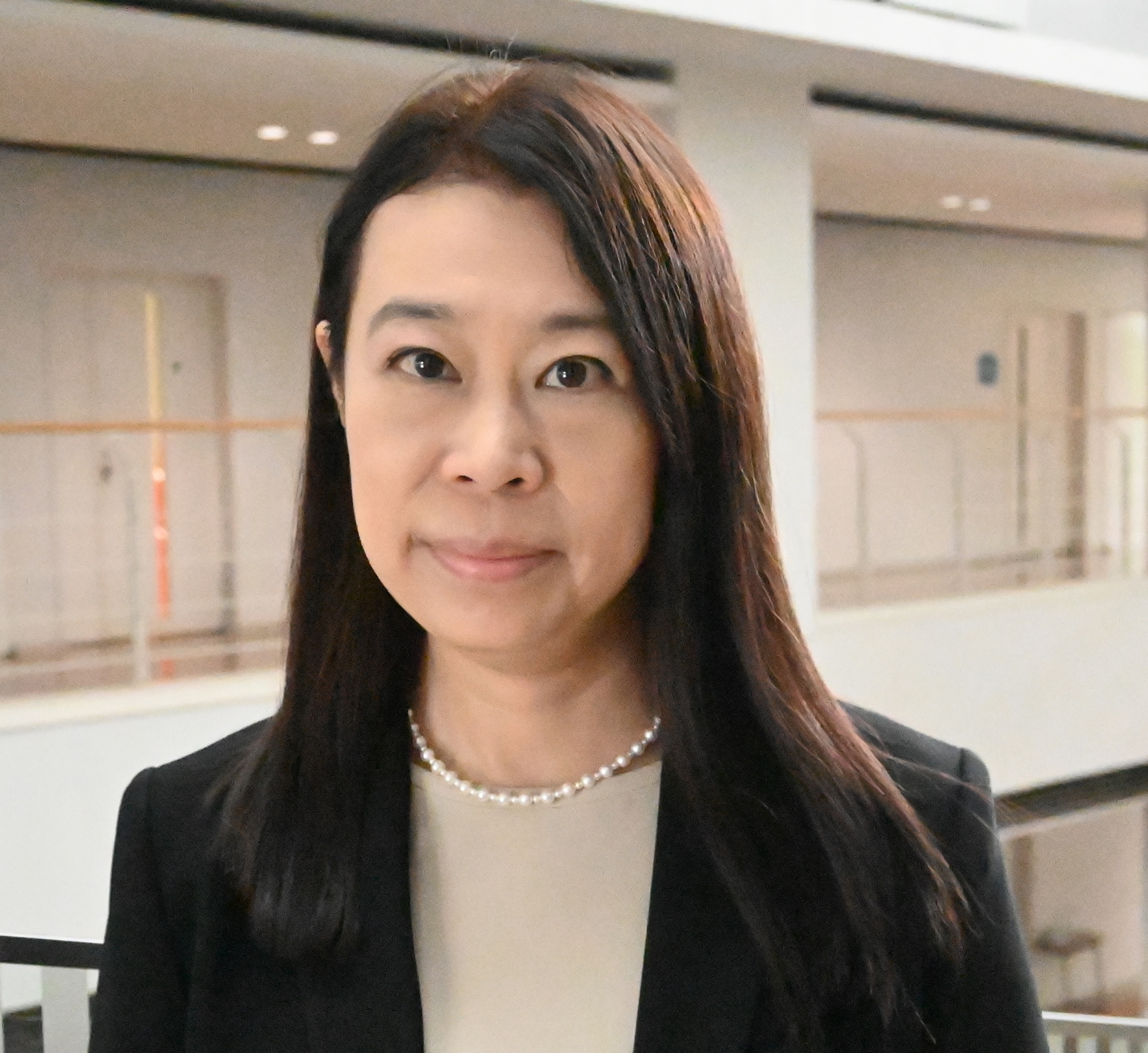Professor Johnmarshall Reeve: The Benefits of Autonomy Supportive Teaching

Autonomy-supportive teaching is the instructional effort to nurture students’ autonomy and agency so that students become increasingly able and willing to volitionally self-engage themselves in learning activities. This talk will explain what autonomy-supportive teaching is, its essential teaching practices, the professional development journey needed to become more autonomy supportive, and how and why autonomy-supportive teaching produces its multiple benefits—for students, for teachers, and for the learning climate. The talk will also identify the tell-tale signs of students’ agentic motivation and engagement, and it will review longitudinal research confirming the very constructive reciprocal relation between autonomy-supportive teaching and students’ agentic engagement.
Sunday May 18th 12:30 - 13:30 Professor Reeve will also be joining the Mind, Brain and Education Forum Brain SIG Forum: Practical Issues of Autonomy and Agency in Our Classrooms: Let Us Share! Room B3-302
Bio: Professor, Institute for Positive Psychology and Education at the Australian Catholic University
Dr. Johnmarshall Reeve is an educational psychologist. His areas of expertise are autonomy-supportive teaching, teachers’ motivating styles, students’ agentic engagement, and the neuroscience of intrinsic motivation. Reeve was a professor in both South Korea (Korea University) and the United States (University of Iowa, University of Wisconsin-Milwaukee). He received his PhD from Texas Christian University (1986) and completed postdoctoral work at the University of Rochester (1990-1992). He has published 81 articles in peer-reviewed journals, such as the Journal of Educational Psychology, authored 29 book chapters and 4 books, including Supporting students’ motivation and Understanding Motivation and Emotion, 7th ed., and edited 3 books. Prof. Reeve served as Editor-in-Chief of the journal Motivation and Emotion (2011-2017).
Links: ACU Google Scholar Webpage
Professor Toshie Agawa: Learner Autonomy in Asian EFL Context: Insights, Challenges, and Solutions
 Learner autonomy, a critical concept in second and foreign language education, has been widely discussed across various contexts worldwide. In this talk, I will focus on learner autonomy in the Asian context, particularly in Japan. The talk consists of two main sections. In the first section, I will examine the different types and stages of learner autonomy and discuss where Asian students’ autonomy falls within this continuum. I will also introduce empirical studies to support my argument. Furthermore, I will address autonomy needs within the framework of Deci and Ryan’s self-determination theory, highlighting the challenges in establishing a causal relationship between the fulfillment of autonomy needs and Japanese EFL learners’ motivation.In the second section, I will explore pedagogical approaches to fostering learner autonomy both inside and outside the classroom. I will argue that educators should provide scaffolding in the early stages, gradually granting students greater freedom of choice and responsibility. In terms of classroom instruction, I will discuss the use of cooperative and collaborative learning and explain how these methods can help students develop autonomy. Regarding out-of-class online speaking lessons, I will present a study that examined how students, with support from teachers and staff, gradually gained confidence in speaking English, developed a sense of connection with other countries, and ultimately continued taking lessons voluntarily.
Learner autonomy, a critical concept in second and foreign language education, has been widely discussed across various contexts worldwide. In this talk, I will focus on learner autonomy in the Asian context, particularly in Japan. The talk consists of two main sections. In the first section, I will examine the different types and stages of learner autonomy and discuss where Asian students’ autonomy falls within this continuum. I will also introduce empirical studies to support my argument. Furthermore, I will address autonomy needs within the framework of Deci and Ryan’s self-determination theory, highlighting the challenges in establishing a causal relationship between the fulfillment of autonomy needs and Japanese EFL learners’ motivation.In the second section, I will explore pedagogical approaches to fostering learner autonomy both inside and outside the classroom. I will argue that educators should provide scaffolding in the early stages, gradually granting students greater freedom of choice and responsibility. In terms of classroom instruction, I will discuss the use of cooperative and collaborative learning and explain how these methods can help students develop autonomy. Regarding out-of-class online speaking lessons, I will present a study that examined how students, with support from teachers and staff, gradually gained confidence in speaking English, developed a sense of connection with other countries, and ultimately continued taking lessons voluntarily.
Bio: Professor, English Research Lab at Hoshi University in Tokyo
Toshie Agawa's research specializes in learner motivation, autonomy, engagement, and cooperative/collaborative learning. Recently, her work has focused on how fostering learner autonomy impacts the motivation and engagement of Japanese EFL learners, as well as scaffolding strategies to support learner autonomy in e-learning environments.
Dr. Agawa has published extensively in both international and national journals, including the Journal for Psychology of Language Learning, The Asian EFL Journal, Language Education & Technology, JACET Journal, and the Annual Review of English Language Education in Japan. She is also an accomplished author of books on second language acquisition, CLIL course materials, and English study guides for the general public.
Website | Researchmap

